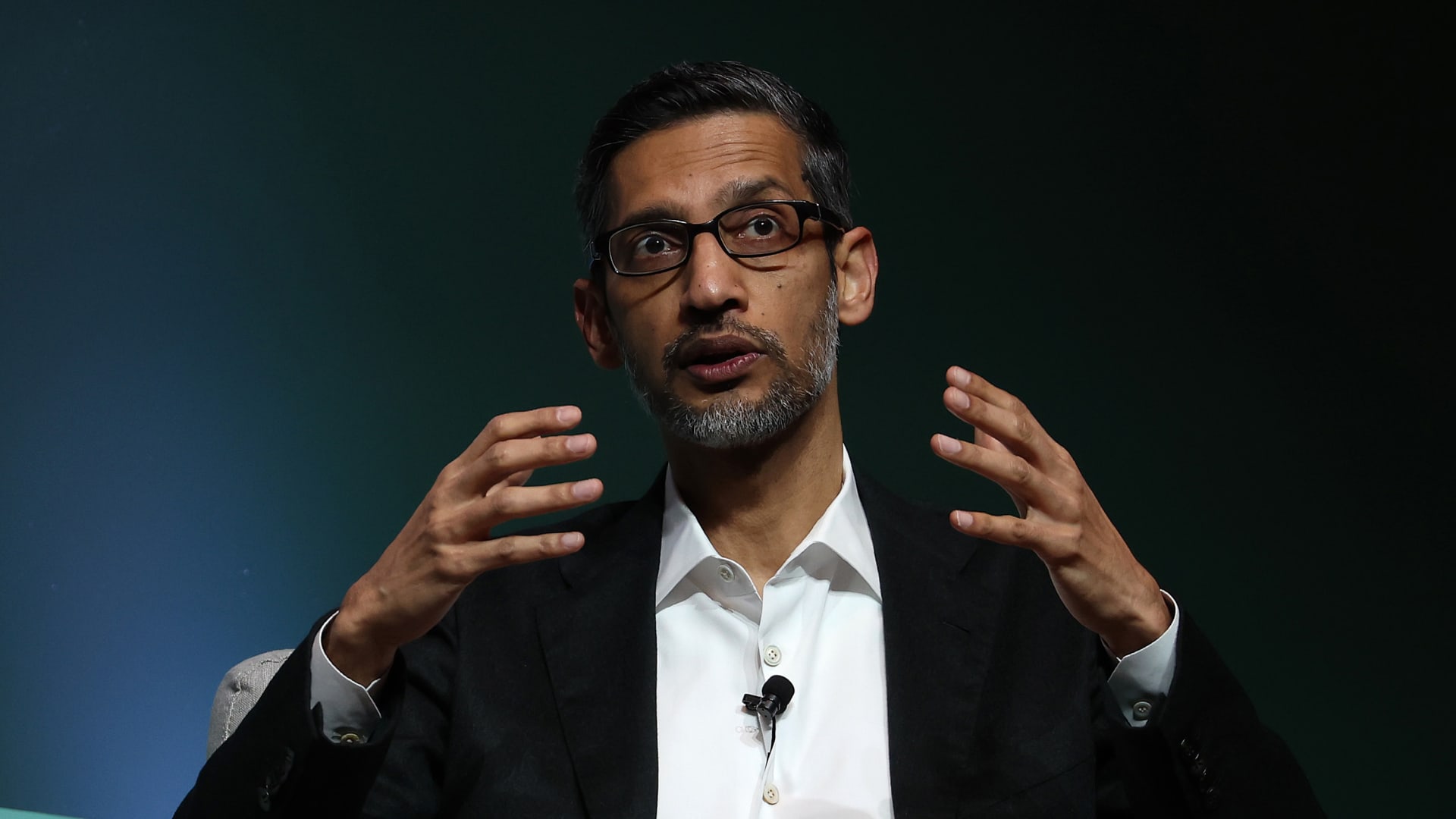White House asks Supreme Court to let Trump block critics on Twitter

President Donald Trump uses a mobile phone during a roundtable discussion on the reopening of small businesses in the State Dining Room at the White House in Washington, U.S., June 18, 2020.
Leah Millis | Reuters
The White House asked the Supreme Court on Thursday to reverse a lower court ruling that said President Donald Trump’s practice of blocking critics on Twitter ran afoul of the Constitution’s First Amendment.
The request to the high court renews a debate about the nature of the president’s use of social media.
A federal appeals court ruled last year that the president used his account as “an official channel of communication.” On that basis, the unanimous three-judge panel of the 2nd U.S. Circuit Court of Appeals said Trump has effectively created a public forum, and was forbidden from blocking users based on their political views.
The full appeals court declined to revisit that decision in March.
But in a petition submitted to the justices, acting Solicitor General Jeffrey Wall told the court that the appeals panel inappropriately failed to distinguish the president’s official communications on Twitter from the personal nature of his decision to block users he disagreed with.
“President Trump’s ability to use the features of his personal Twitter account, including the blocking function, are independent of his presidential office,” Wall wrote. “Blocking third-party accounts from interacting with the @realDonaldTrump account is a purely personal action that does not involve any ‘right or privilege created by the State.'”
Wall said that Trump’s decision to block users does not prevent them from criticizing the president, noting that they could still view his tweets while not logged into the social media platform and post screenshots of the messages.
Wall said the appeals court ruling will hamstring public officials’ ability “to insulate their social-media accounts from harassment, trolling, or hate speech without invasive judicial oversight.”
The case was originally brought in 2017 by the The Knight First Amendment Institute at Columbia University, which sued on behalf of seven users whom the president blocked after they had replied to one or more of his tweets.
Jameel Jaffer, the Knight Institute’s executive director, said in a statement on Thursday that the case “stands for a principle that is fundamental to our democracy and basically synonymous with the First Amendment: government officials can’t exclude people from public forums simply because they disagree with their political views.”
“The Supreme Court should reject the White House’s petition and leave the appeals court’s careful and well-reasoned decision in place,” Jaffer said.
If the Supreme Court agrees to hear the case, it would likely do so in its term beginning in October. A decision would come by June of 2021, after the November contest between Trump and Democratic presidential nominee Joe Biden.
While Trump is not the first president to use social media, he has deployed it with more enthusiasm than his predecessors, often using his Twitter feed to signal political positions, terminate officials and threaten military action.
The case is Trump v. Knight First Amendment Institute at Columbia University, No. 20-197.
